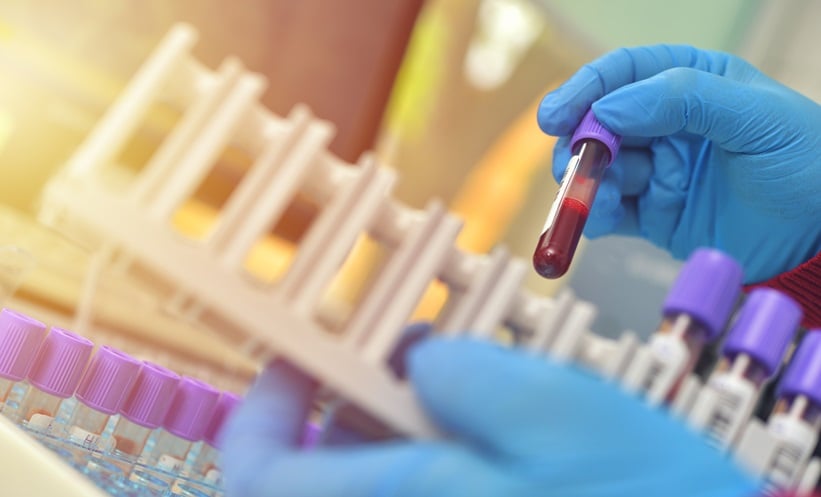NEW research suggests that elevated circulating cAMP levels could serve as a potential biomarker for asthma.
In a study analysing serum samples from patients with asthma, researchers investigated the role of ABCC1, a membrane transporter involved in cAMP regulation, and its impact on bronchomotor tone. Serum samples were obtained from 87 patients with asthma in the Severe Asthma Research Program (SARP)-3 biobank, including 39 classified as having severe asthma. For comparison, 273 serum samples from individuals without asthma were sourced from the Rutgers Corona Cohort. Researchers measured cAMP levels and assessed their relationship with asthma severity and clinical traits.
The study found significantly higher cAMP levels in patients with asthma compared to individuals without asthma. While cAMP levels in non-asthma controls ranged from 0.00–27.72 picomoles, patients with asthma exhibited a much wider range, from 0.29–563.90 picomoles. The median serum cAMP level in patients with asthma was 6.220 picomoles, compared to 0.520 picomoles in individuals without asthma.
However, there was no significant difference in cAMP levels between severe and non-severe asthma cases. Additionally, cAMP levels did not correlate with asthma endotypes, poor control indicators, or post-bronchodilator airflow reversibility. Notably, in non-severe asthma cases, higher cAMP levels were associated with greater lung function improvements after bronchodilator use and increased inhaled corticosteroid use.
These findings indicate that cAMP levels may reflect underlying asthma pathophysiology, though further research is needed to determine their clinical relevance. Future studies should explore how cAMP levels relate to bronchodilator response, ABCC1 expression, and genetic variations in asthma patients.
Ada Enesco, EMJ
Reference
An SS et al. Clin Invest. Serum cAMP levels are increased in patients with asthma. J Clin Invest. 2025;DOI:10.1172/JCI186937.








